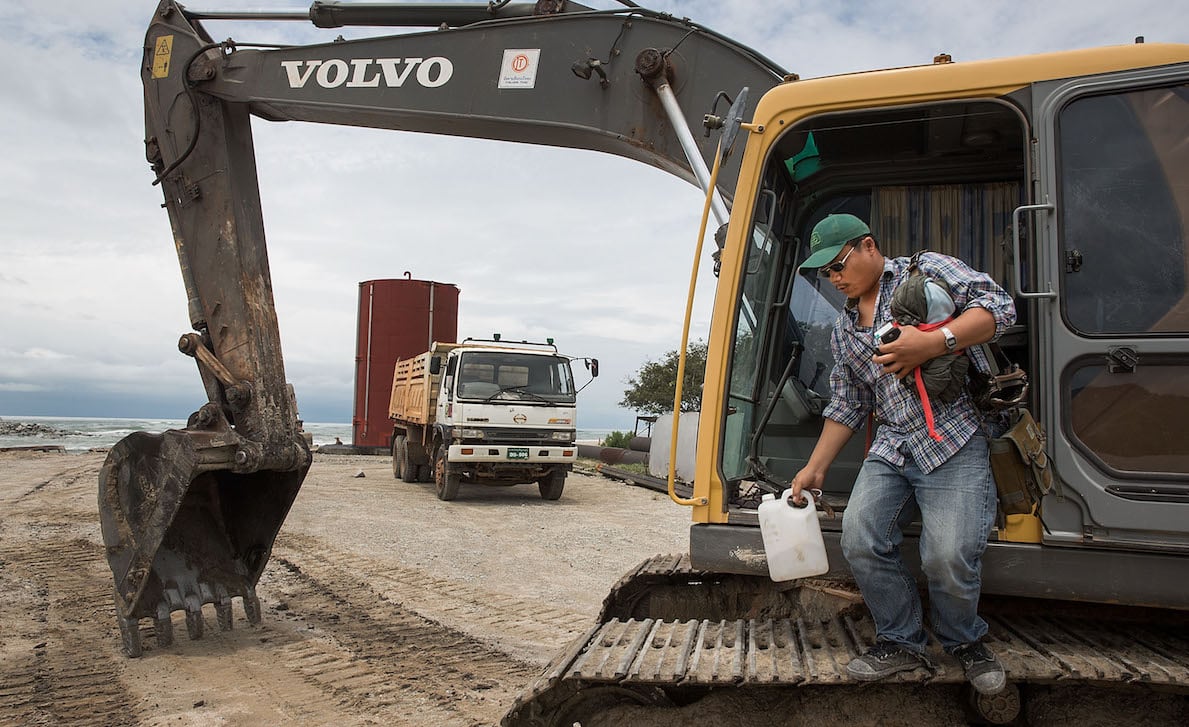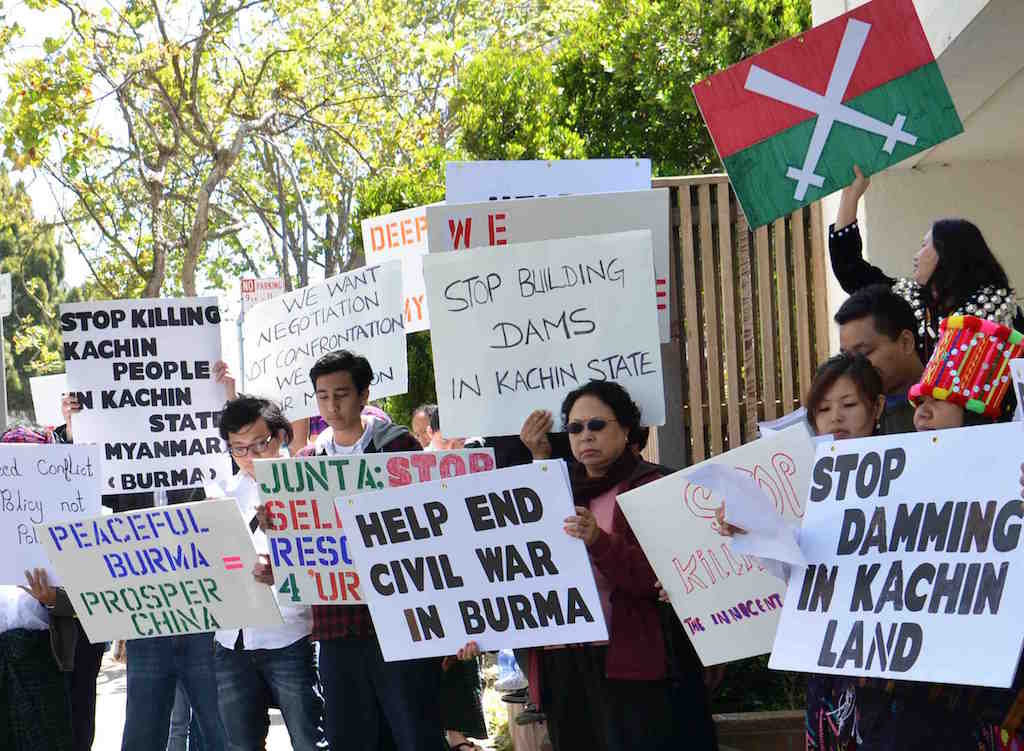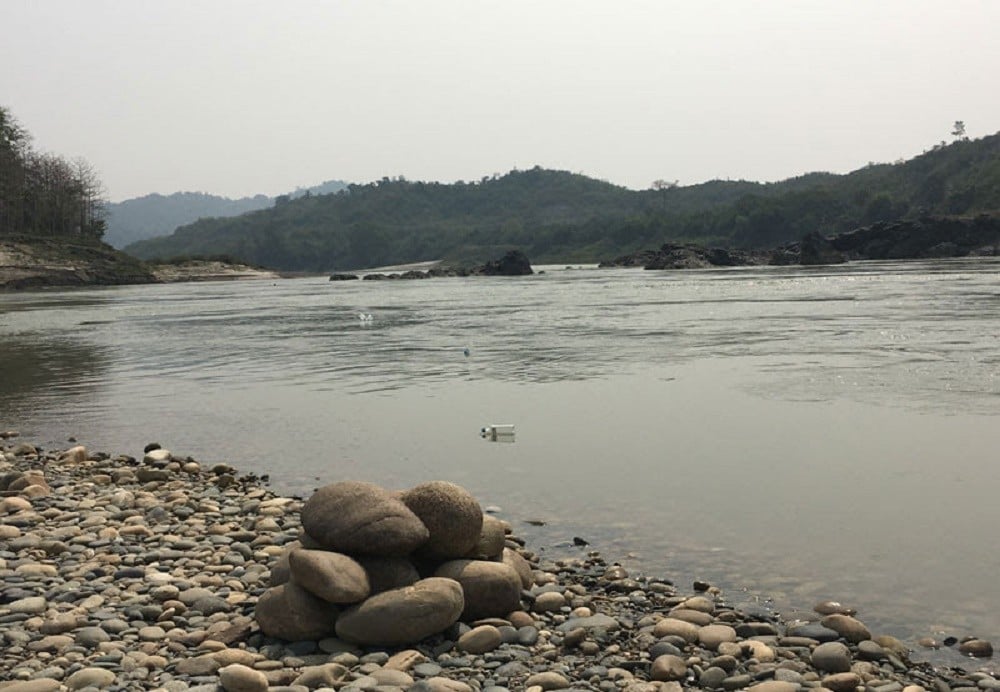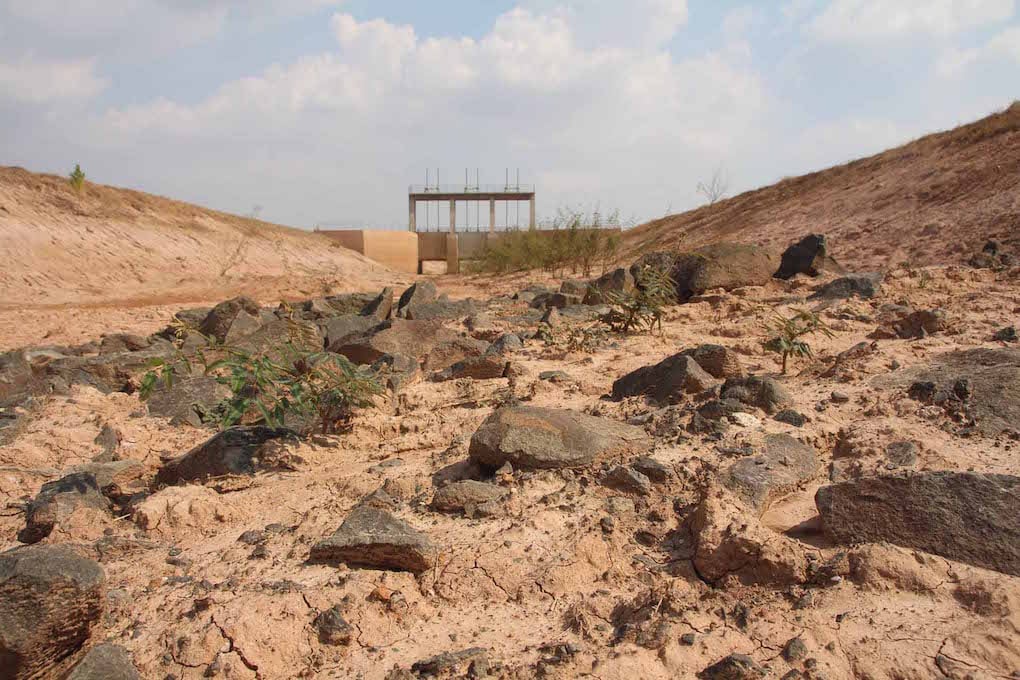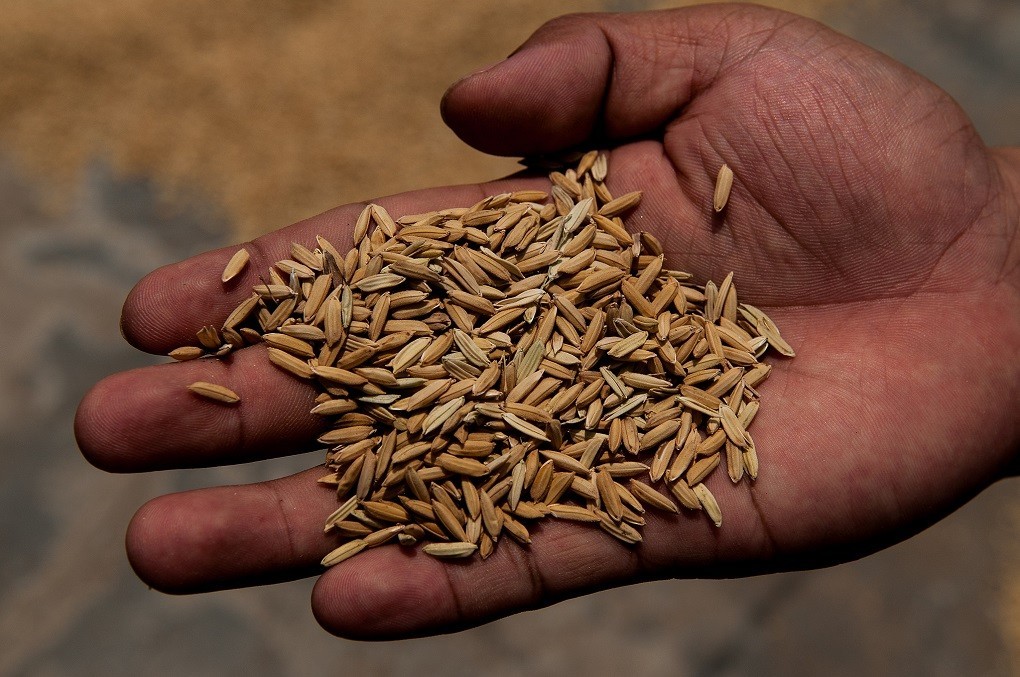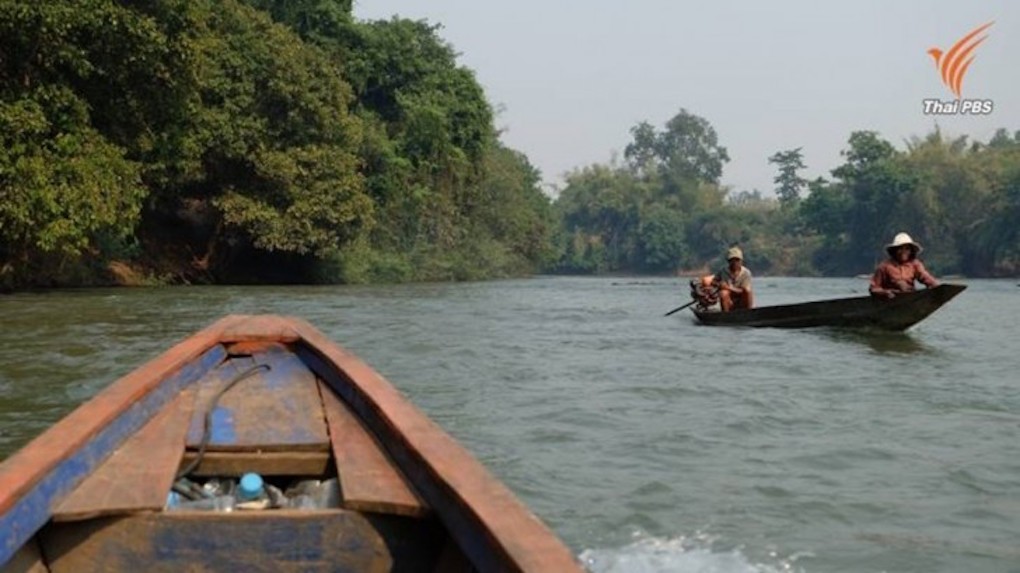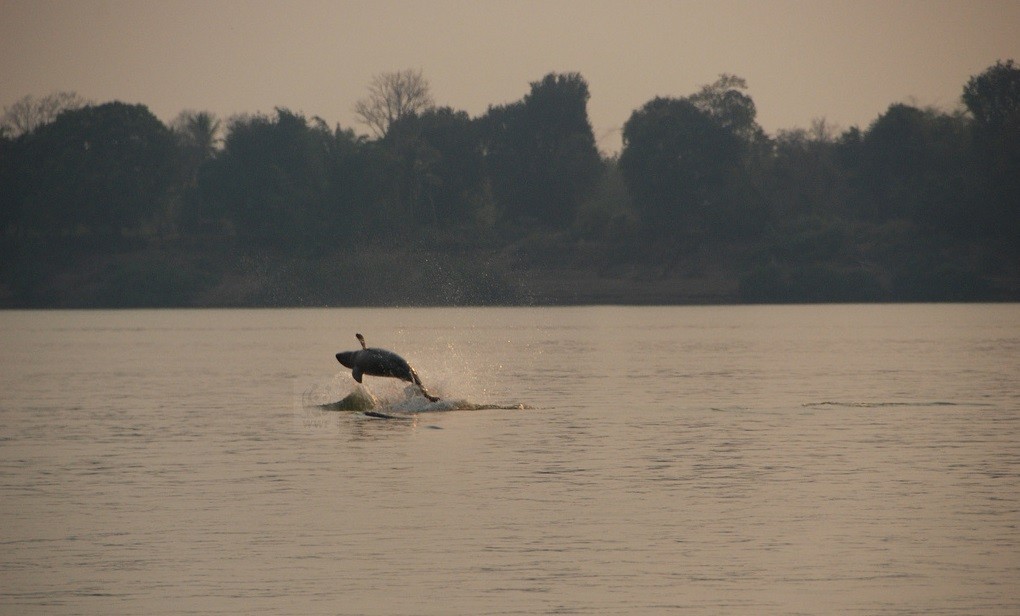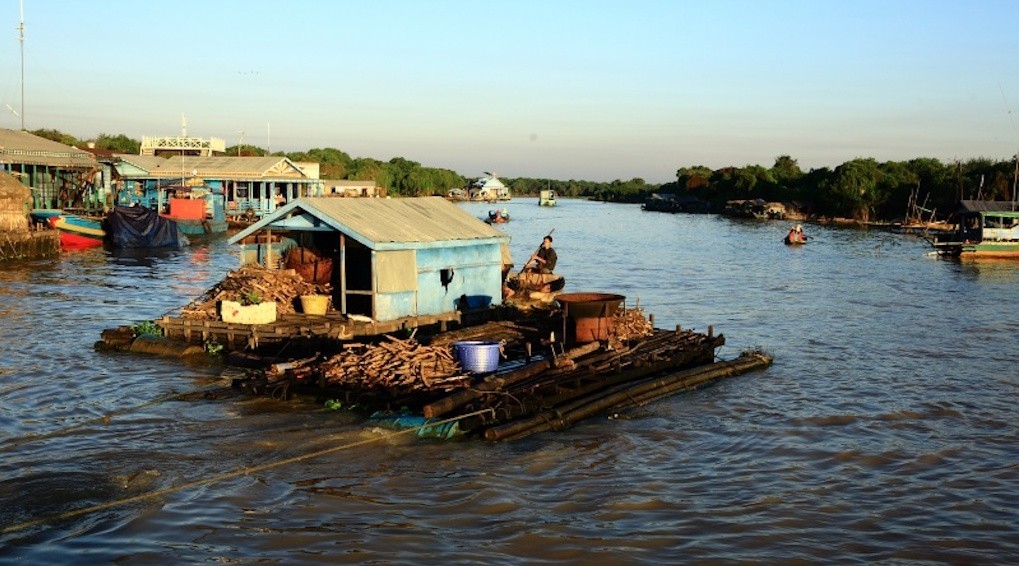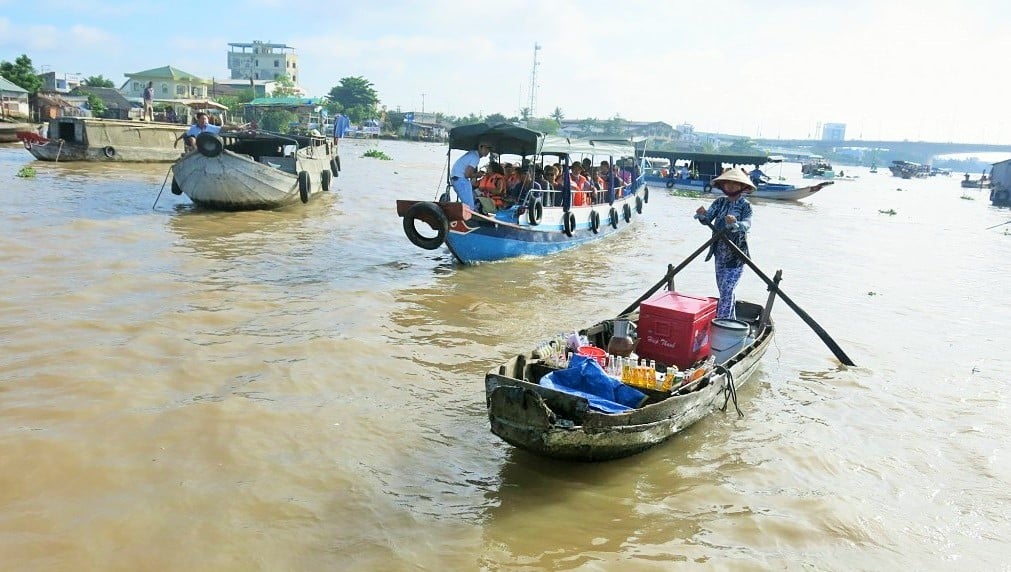China’s best preserved forests in south-west China’s Yunnan province are under threat from illegal mining, according to a new report.
The study by Greenpeace shows mining and industry activity in the Three Parallel Rivers of Yunnan protected area is destroying pristine forests in one of the world’s most biodiverse regions. The researchers combined remote sensing data and field visits to show mining is leading to deforestation, water pollution and habitat loss in the mountains of north-west Yunnan on the eastern foothills of the Himalayas.



